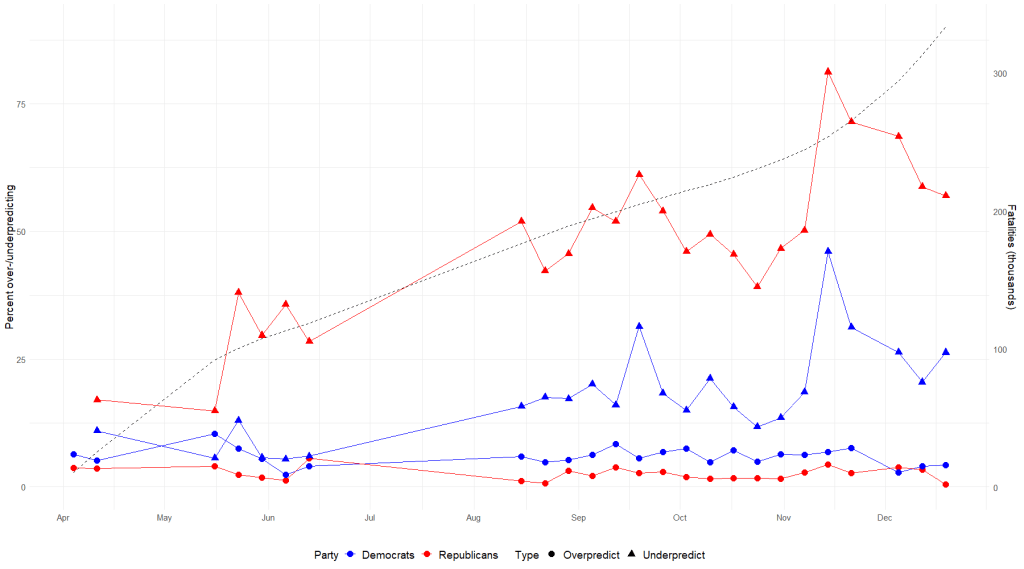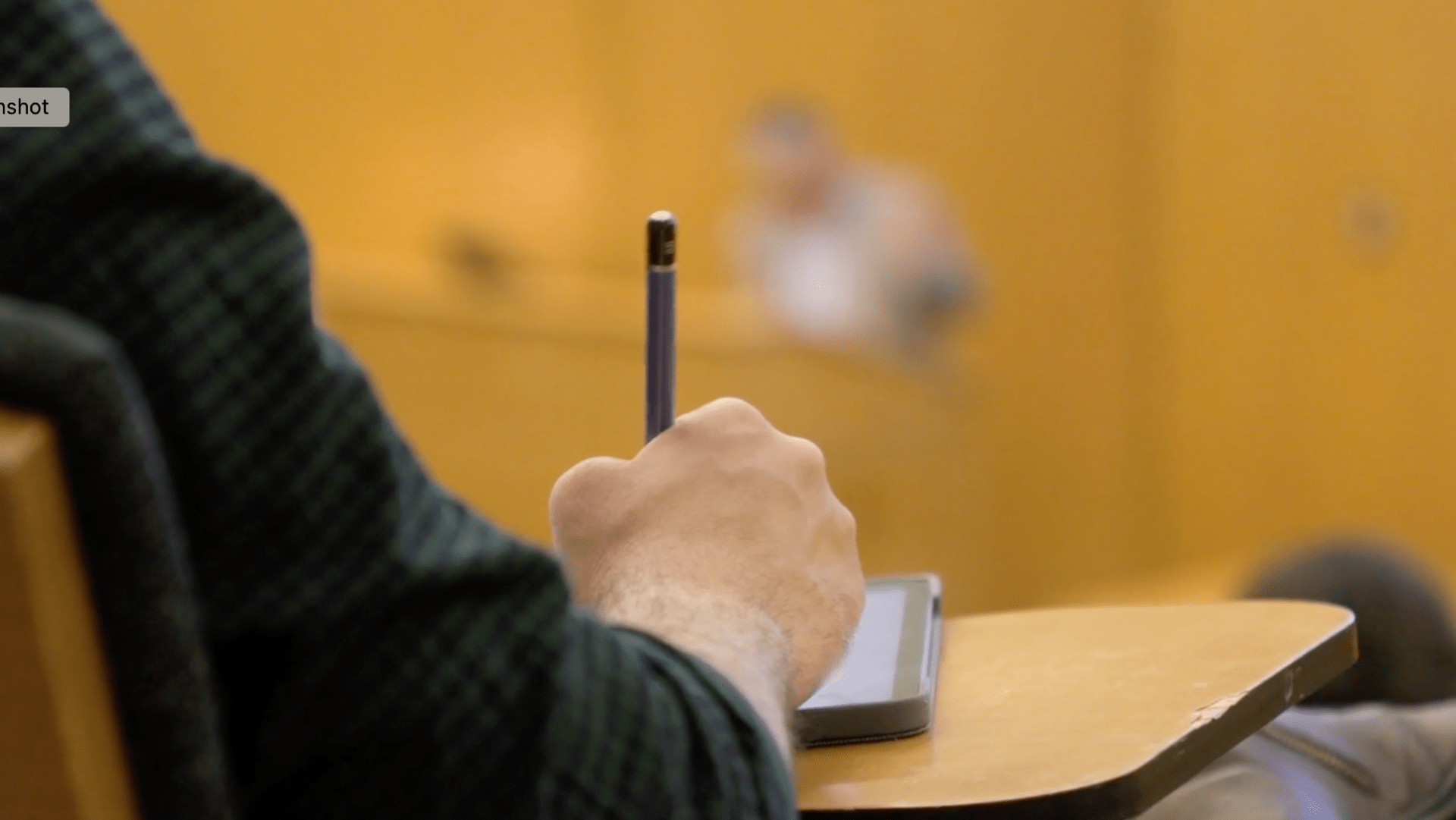David Beavers
Graduate Student, American Politics
With Jennifer L. Hochschild
Overview: Research generally finds that exposure to corrective information attenuates misperceptions, and that as the cost of acquiring information diminishes and the stakes for possessing accurate information increase, factual accuracy increases. In an ongoing project, Jennifer Hochschild and I examine a puzzling counterexample. Despite ample media attention to – and direct lived experience of – the scope of coronavirus fatalities, survey data reveal that Americans became less accurate over time in their presumably factual statements about the number of COVID-19 deaths. Between a quarter and half of Americans predicted fewer COVID-19 deaths by the end of the calendar year than had already occurred at the time of their survey.
Given this paradox, we ask: (1) Under what conditions do people move – or fail to move – toward factual accuracy in their perceptions of the scope of COVID-19 fatalities as corrective information accumulates? (2) How do misperceptions about the pandemic affect political attitudes and behaviors?
We first treat fatality predictions as a dependent variable. We assess the influence of national media attention on the prevalence of misperceptions, using a corpus of 1,800 broadcast transcripts from Fox News and MSNBC and a combination of automated text analysis and qualitative hand coding. Next, we assess the influence of local COVID-19 incidence on the prevalence of misperceptions using data from Microsoft AI for Health. Finally, we treat fatality predictions as an independent variable and seek to understand how (mis)perceptions about the severity of the COVID-19 pandemic influenced vote intentions in 2020, evaluations of then-President Trump, and other political attitudes and behaviors.

